The current investigations into Russian meddling into US elections could potentially be one of the biggest scandals in American history. With the intelligence community in agreement as to Russia’s role in undermining the election by producing fake news, attempting to hack election systems, as well as its theft and proliferation of DNC emails, it’s hard not to conclude that Russia’s meddling was an overwhelming success. Many American citizens have expressed outrage over the breach of their hallowed institutions, with some even calling it an act of war.
Vladimir Putin, the president of Russia, has been declared by intelligence analysts as the architect of the cyberwarfare campaign. Putin, an authoritarian leader, who has been decried by human rights advocates, has not yet been repudiated by Donald Trump. After being told that Putin was “a killer” by an interviewer, Trump responded by saying, “there’s a lot of killers… do you think our country is so innocent?” That got us at Top Tenz thinking: is Trump right? Is America not-so innocent? Turns out, he is, and it isn’t. Here are 10 elections that America interfered with…
10. Argentina used interventions as a rallying cry
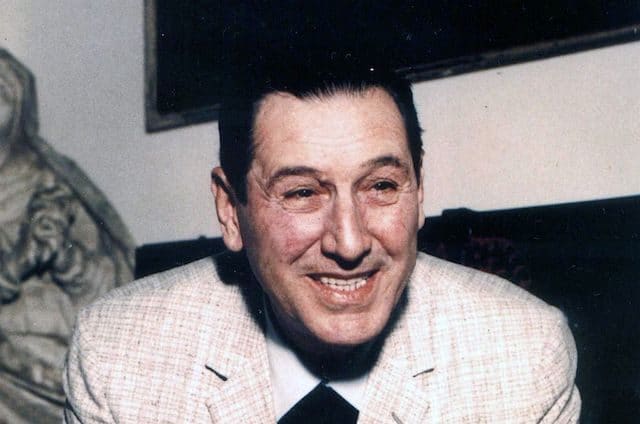
In 1946, the United States published a 130-page document with the hope of swinging the election in Argentina in favor of the more conservative candidate. Called the “Blue Book,” the document claimed that Juan Peron, running on the labor party ticket, had Nazi sympathies and a secret plan to install the Fourth Reich in Argentina. The Blue Book threatened to derail the former labor secretary’s campaign.
Peron had worked to increase the wages of workers in Argentina, which threatened American business interests. Instead of running from the allegations, Peron confronted them head on, creating a “Blue and White Book,” representing Argentina’s colors. The book and the election became a referendum on Yankee imperialism and intervention, which led to a decisive victory over the American-backed candidate.
9. Italy would not have a left wing government for decades
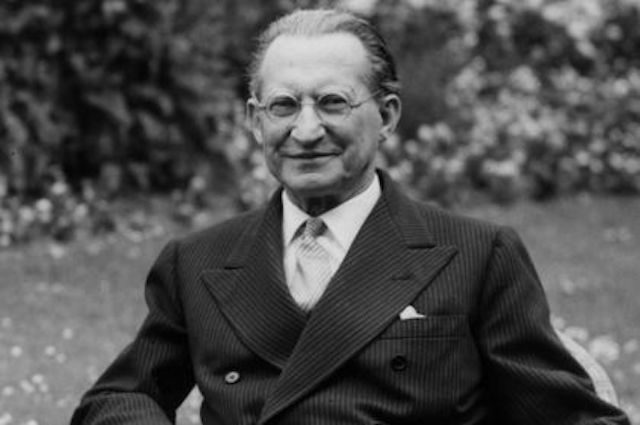
With the Cold War in full swing, elections were not viewed as simply the choices of citizens for leaders, but the choice of capitalism or communism. After the coup in Czechoslovakia, the United States became fearful of the spread of Soviet influence. That led to a concerted effort not to allow the communists to win the Italian elections of 1948. Declassified reports show that the CIA gave more than $1 million to the Christian Democrats and candidate Alcide De Gasperi, and also published forged letters that were aimed at discrediting the socialist and communist candidates.
In an interview with the New York Times, former CIA operative F. Mark Wyatt discussed US interference, saying,”We had bags of money that we delivered to selected politicians, to defray their political expenses, their campaign expenses, for posters, for pamphlets.” The CIA used the media expertly to alter opinion by authoring millions of letters, purchasing radio broadcast time, and even having books published that warned of the consequences of a communist victory. The result was an overwhelming victory by the US-backed candidate.
8. Japan’s case of election meddling foreshadowed the Iran-Contra affair
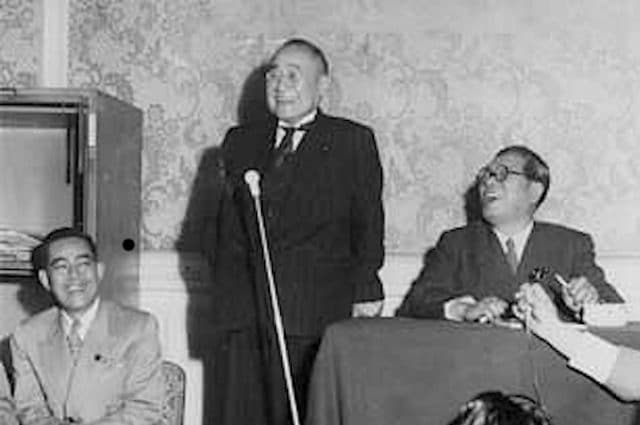
US interference in the Japanese electoral process will remind many readers of the Iran-Contra scandal that threatened the Reagan Administration. Hoping to protect business interests and ward off the spread of communism, the United States played a significant role in Japan elections. In order to covertly assist Japanese officials, the CIA smuggled 3 million tons of tungsten (a valuable metal) from Japanese military installations into the US, and sold it at a profit to the Pentagon. Using these profits, they funneled cash to Japanese candidates and politicians that supported US interests.
Retired officials admit as much, stating that the Liberal Democratic Party of Japan was given millions of dollars during the 1950s and 1960s. The result of United States aid was a nearly 38-year-long run of one party dominance. That run ended in 1993 when the party lost control as a result of complaints of corruption. Some US officials have regret for the CIA’s actions during the period, saying, “That is the heart of darkness and I’m not comfortable talking about it, because it worked.” It wouldn’t be the worst of the agency’s meddling in the period.
7. Philippines’ elections show that they aren’t that expensive to buy
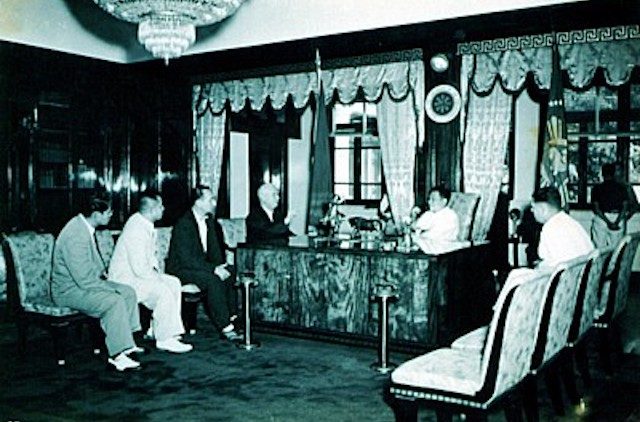
One of the most outlandish cases on our list began with notorious CIA director Allen Dulles offering an agent $5 million to swing 1953 election in the Philippines. The agent, Edward Landsale, didn’t need the five million, later bragging that it only cost him $1 million to elect Ramon Magsaysay. Landsale later admitted that the funds were raised from American companies which did business on the island. The money spent to elect Magsaysay was used to boost his image in the public while denigrating his opponent.
Additionally, the other candidate, President Elpidio Quirino, was also victimized by the CIA, as he was drugged before a big speech, making him incoherent. Despite the CIA’s election meddling, it was unclear whether Magsaysay was going to win. It was reported at the time that American war ships were standing by if the results did not go as planned. Magsaysay won the election with two thirds of votes, and he’d continue to garner the support of the CIA while in office.
6. Vietnam’s devastating war began with election interference
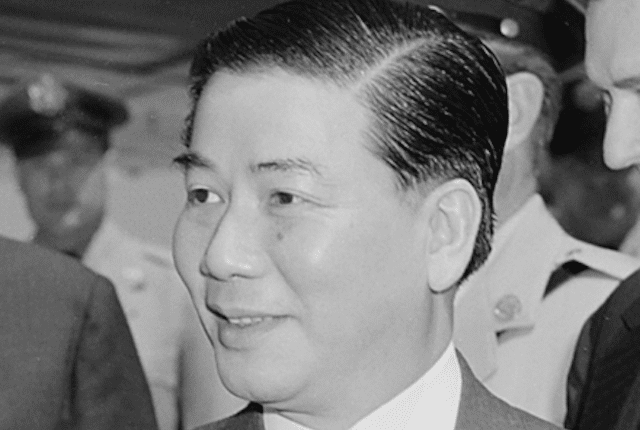
One of the most harmful cases of election meddling for American citizens was the 1955 South Vietnamese election. The Pentagon Papers would later reveal that South Vietnam was the invention of the United States. Nevertheless, the 1955 referendum on who to lead South Vietnam opened the door for continued US involvement in the region. And we all know that went well.
The election pitted Emperor Bao Dai and Prime Minister Ngo Dinh Diem against one another. Diem was a Catholic in a land of Buddhists and yet he won the elections with 98% of the 600,000 votes cast. There were only 400,000 registered voters at the time, but the CIA-rigged elections saw Diem depose Emperor Dai and go on to win re-election until he was eventually deposed by an American-backed coup in 1963. His death would only further entangle the US in the region, where fighting continued for more than a decade.
5. Guatemala was fearful of American military might
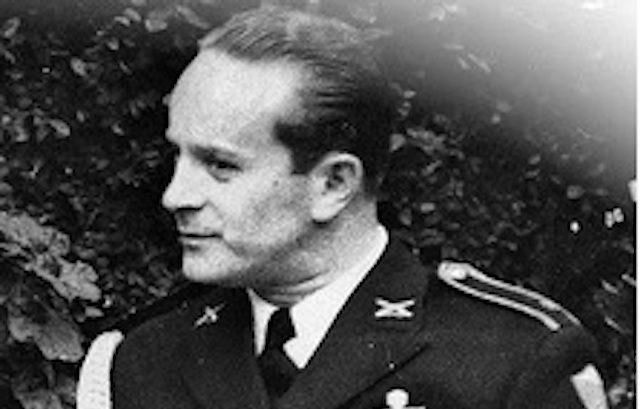
One of the most prominent cases of US corporate interests going toe to toe with a sovereign nation is the fall of the Jacobo Arbenz Guzman-led government of Guatemala. Elected in 1950, Arbenz won by more than 50% of the vote and vowed to enact the land reforms that he hand promised in his campaign. Guatemala, like many other countries in Latin America, had a massive divide between their rich and poor, with 2% of the population owning more than 70% of the nation’s land – some of which was owned by foreign corporations, most notably the American-owned United Fruit.
As Arbenz expropriated land from United Fruit, while also receiving weapons from the Eastern Bloc, the CIA decided to act, engaging in a psychological campaign to sow unrest into the Arbenz government. Propaganda leaflets were distributed, radio broadcasts declared that an invasion was coming, and US planes went on bombing raids, scaring the Guatemalan civilians. Arbenz became so frightened of an invasion, he effectively resigned and a US-backed military junta took power.
4. Laos would not be bought, but paid dearly for it

As the Vietnam War expanded, Laos was also made a victim of election meddling. In 1958, the US hoped to use a rural aid program to convince voters to elect anti-communists in the upcoming elections. Tons of food, medicine, and equipment was airdropped in order to sway the people of Laos.
However, the Laos communists used the aid as proof of foreign intervention and went on to win a resounding victory. That did not stop US intervention, though, as for the next decade CIA officers would train and arm the Hmong ethnic minority, as well as carry out a bombing campaign that would result in the death of a tenth of the nation’s population.
3. The Dominican Republic was ruled for 28 years by a single man
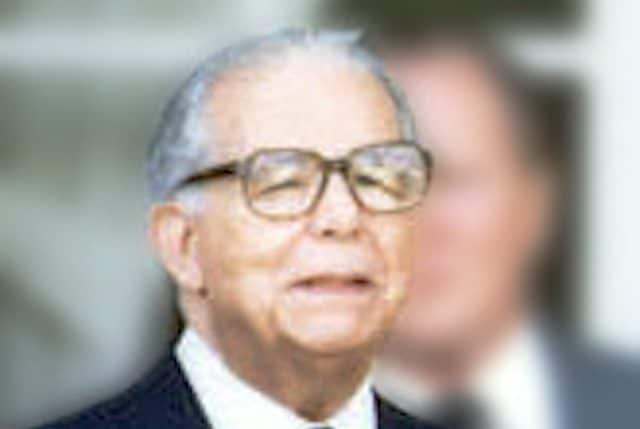
As our list progresses, the cases get worse and worse. This continues with America’s meddling into the Dominican Republic’s affairs. After a strong anti-communist general was assassinated, a reformist leader, Juan Bosch, took power but was immediately opposed by the military. The military eventually overthrew Bosch but civilians began attacking the military government, calling for his return to power.
Fearing another Cuba in the region, Lyndon Johnson went as far as to send 22,000 US troops to support the military government and help bring about a peaceful transition of power. Elections were to be held and the US-backed candidate, Joaquin Balaguer, won and would rule (non-consecutively) for nearly 28 years. His rule saw hundreds of politicians become millionaires and thousands of political opponents murdered.
2. Congo never had a chance to succeed
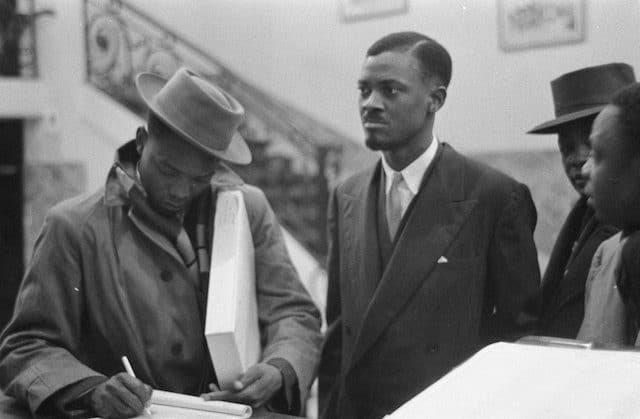
One of the most tragic cases of interference on our list is the Congo. The actions of US and Belgian officials not only corrupted a legitimate democratic election, but may have led to the years of instability and violence years after. Arguably the most charismatic figure to rise out of post-colonial Africa was Patrice Lumumba, leader of the Mouvement National Congolais. Lumumba was imprisoned for his activities by the Belgians but was still able to garner enough support while behind bars. On Congo’s day of independence, Lumumba gave a stirring speech about the price of independence, saying “no Congolese will ever forget that independence was won in struggle, a persevering and inspired struggle carried on from day to day, a struggle, in which we were undaunted by privation or suffering and stinted neither strength nor blood… for it was a noble and just struggle, and indispensable to put an end to the humiliating slavery which was imposed upon us by force.” He said this flanked by Belgian officials, who would not soon forget his words.
Soon after forming a government, the Congolese leader was faced with mutinies within his military force. Provinces of the large Congolese state, angered after years of oppression, attacked Belgian citizens. The attacks prompted Belgium, with help from the US, to intervene and take over the mineral rich province of Katanga. Lumumba was dismissed from his position as Prime Minister and was eventually captured and executed. The possibility of a unified Congolese nation was over.
1. Chile is the biggest victim of election interference
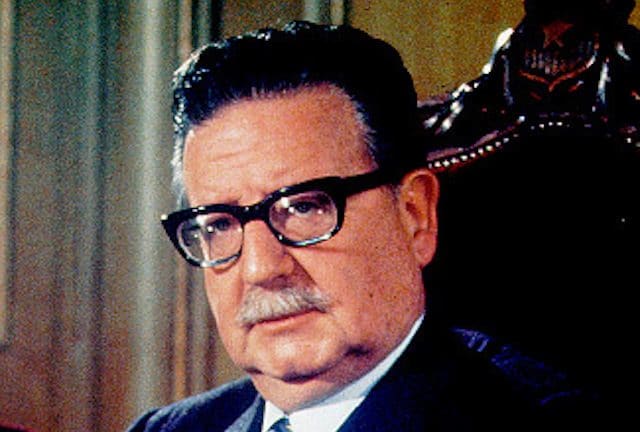
The cases of the intervention and interference on our list only grow in their tragic consequences. Chile takes the cake in this regard. Like Lumumba, Salvador Allende was an immensely charismatic leader who was also a socialist. In the 1964 election, the US spent $2.3 million funding Allende’s opponent, which led to his defeat. In the next election the CIA was not so lucky, as Allende won a narrow victory. Allende believed in the nationalization of industries, which frightened US businesses. As president, Allende had a substantial impact on improving the lives of working people, and wages increased as he raised the minimum wage and increased government expenditure. He also worked to fight illiteracy, embarking on a campaign that would send teachers to the impoverished regions of the country.
Allende’s bold program scared many leaders in Washington, and in 1973, just three years after becoming president, Allende was ousted from power. With the CIA-funded military surrounding the presidential palace, Allende killed himself (though some debate this). Allende’s death led to the reign of Augusto Pinochet, one of the most brutal regimes on record. The regime carried out the killing of more than 3,000 people and led to the exile of more than 200,000 Chileans. Pinochet was in power for more than 15 years.